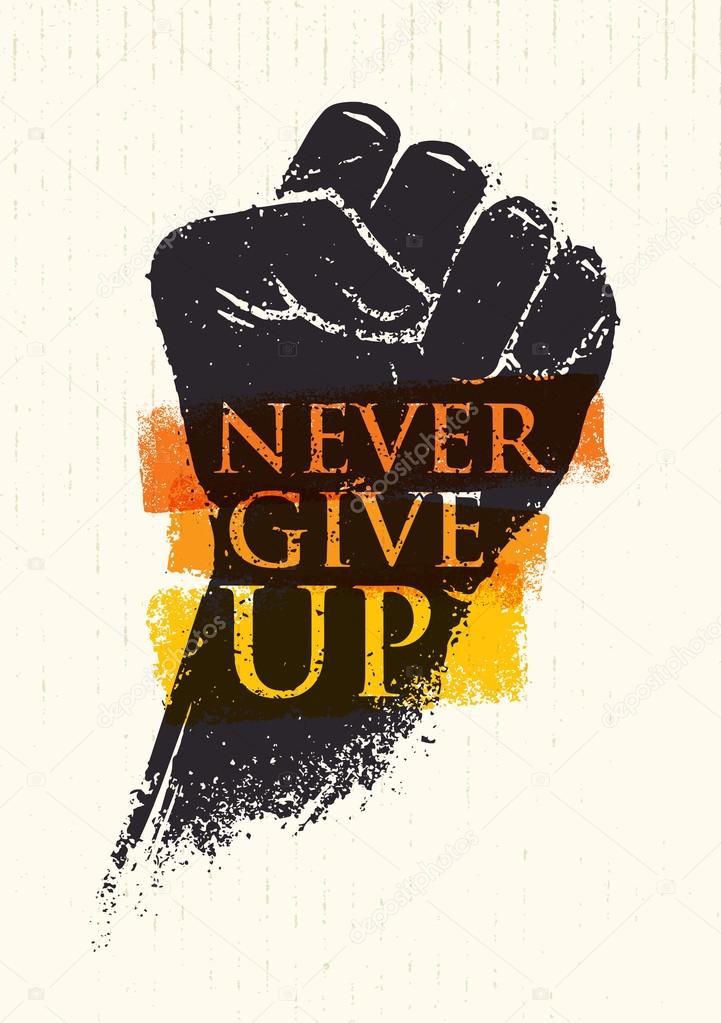Ping Wang’s My Kintsuki and Robin Magalit Rodriguez’s
Epilogue: Upward and Onward: Asian American Women’s Legal Resistance both
convey a hopeful mood, especially in a time of uncertainty. Wang uses the term “kintsuki”
to represent how she became a stronger and better person after facing the
challenges she went through. The line “holding this world with veins of gold”
also represents how she and others like her are making the world a better place
and are fixing the brokenness of the world. She repeats “I will not give up” in
the last half of the poem, conveying her determination and giving a sense of
hope for the future. Rodriguez recounts different ways in which women of color
in academia have resisted against the ivory tower. She describes support
networks where women of color scholars can share strategies to succeed in
academia. These support networks also aim to increase visibility of their work
and create reform that values minorities in academia. She also tells how she
and others have held a hearing on Asian American studies at UC Davis, discussing
how the subject is not taken seriously and how the underserved populations of
Asian Americans are not paid attention to. The hard work that people have done
and are still doing provides hope that academia will become a better place, but
only if people fight for it.
Question: We talked a lot about how Asian American studies
scholars are treated, but what are the differences between the experiences of those
scholars and Asian American scholars in other fields?
References
Rodriguez, R. M. (2019). Epilogue: Upward and Onward:
Asian American Women’s Legal Resistance. Unpublished manuscript.
Wang, P. (2019). My Kintsuki. Unpublished manuscript.
(2016). Never Give Up Motivation Poster Concept.–
stock image. [Digital Image]. Retrieved from https://st2.depositphotos.com/6536962/10949/i/950/depositphotos_109498708-stock-photo-never-give-up-motivation-poster.jpg.

No comments:
Post a Comment